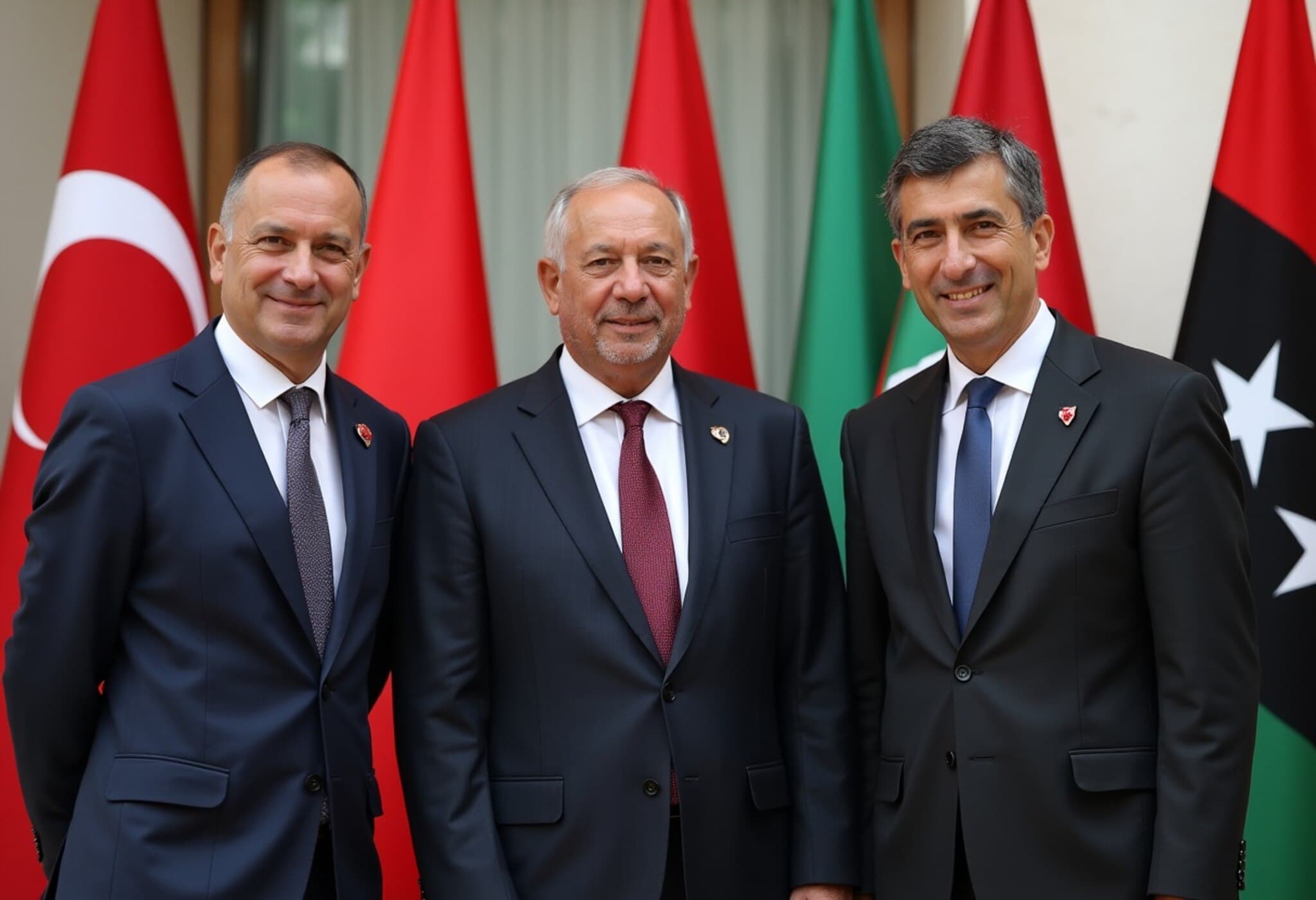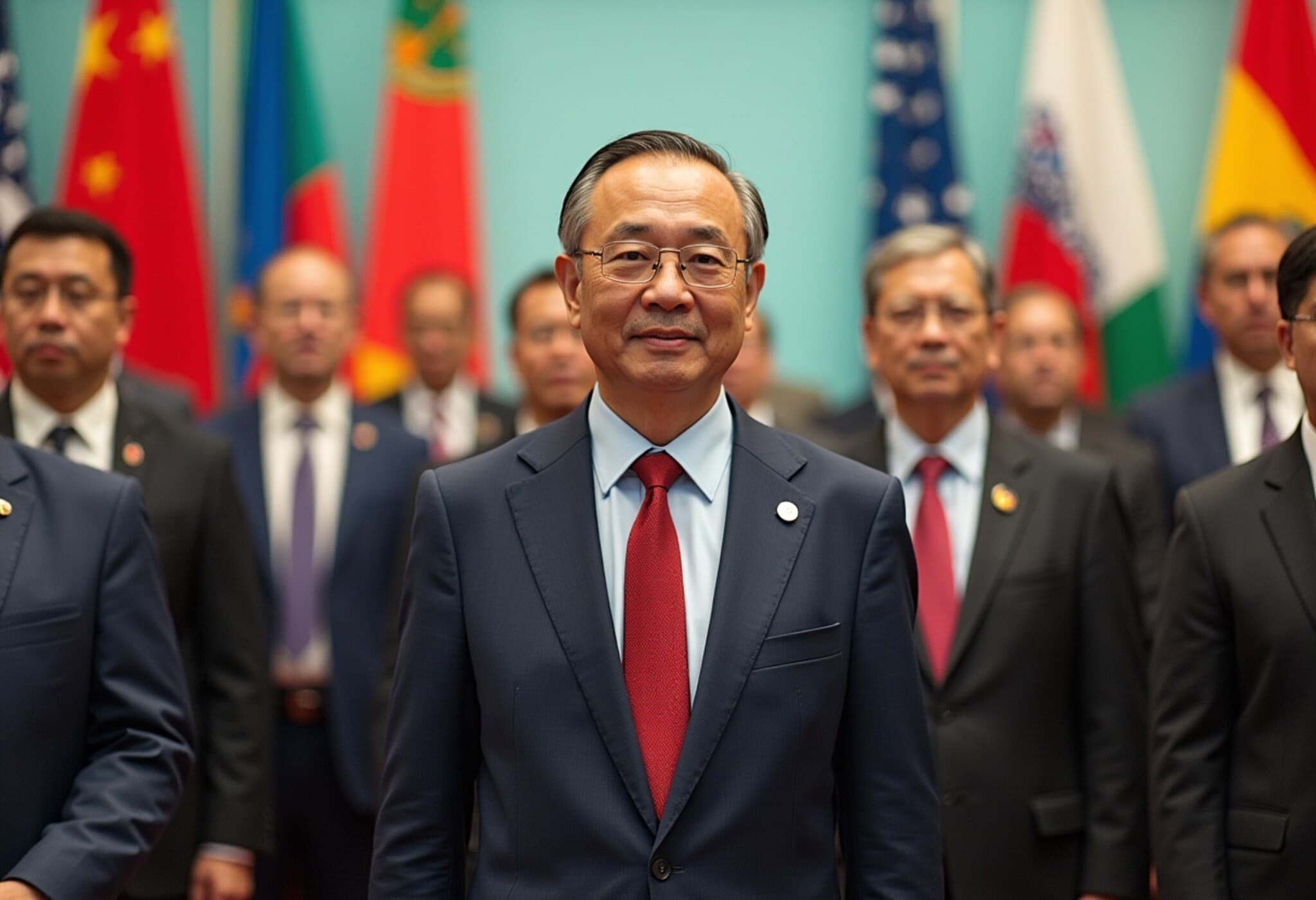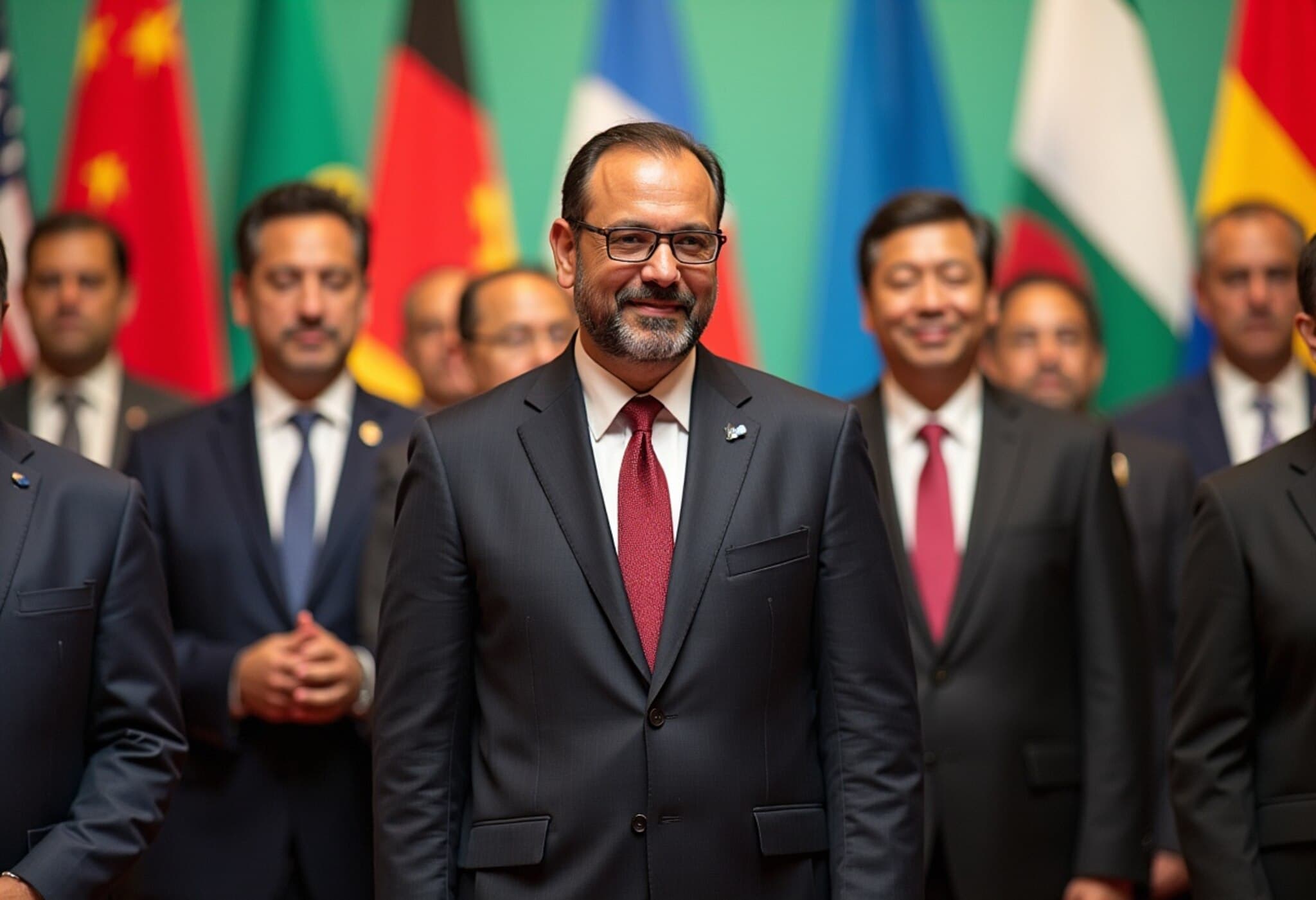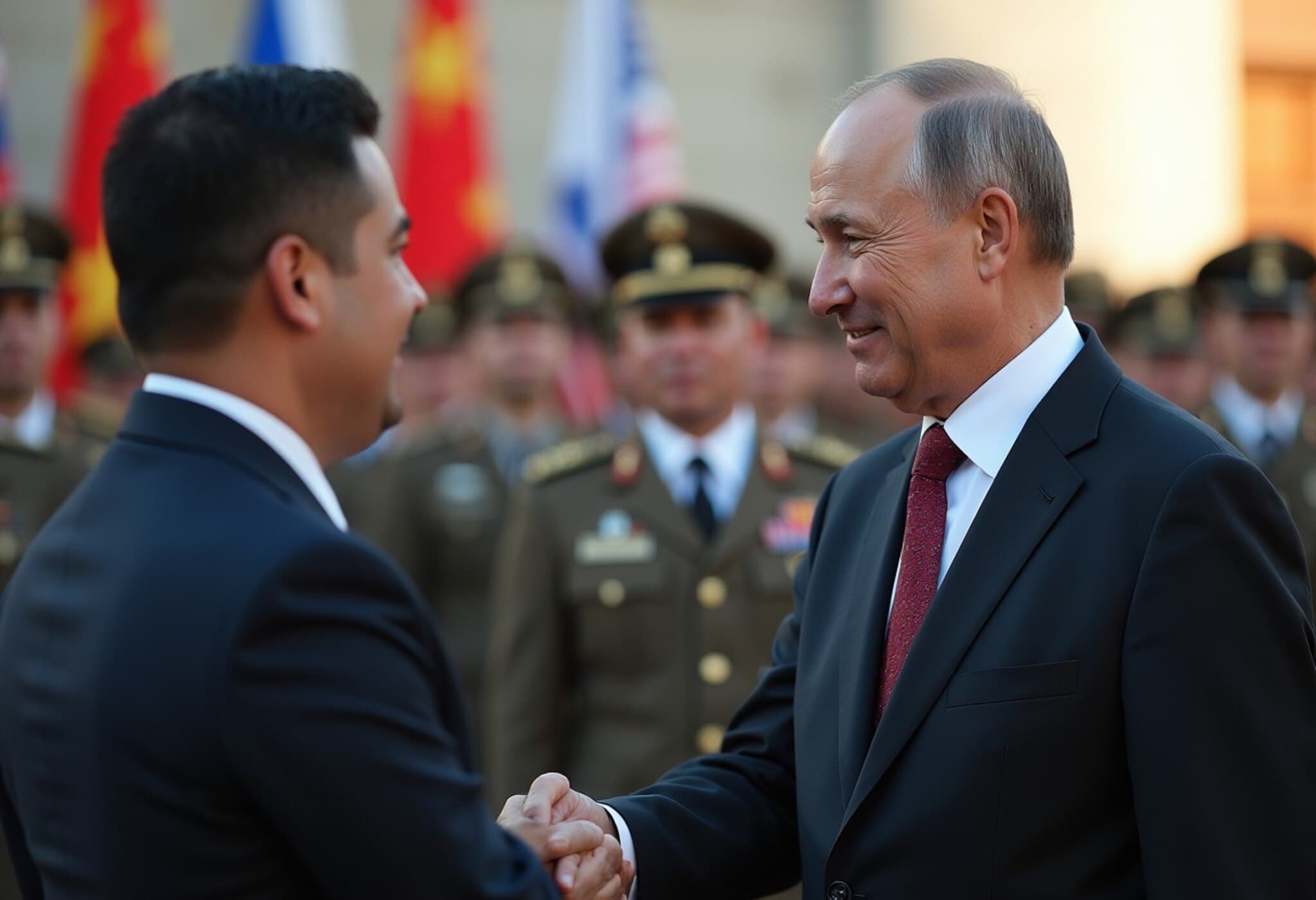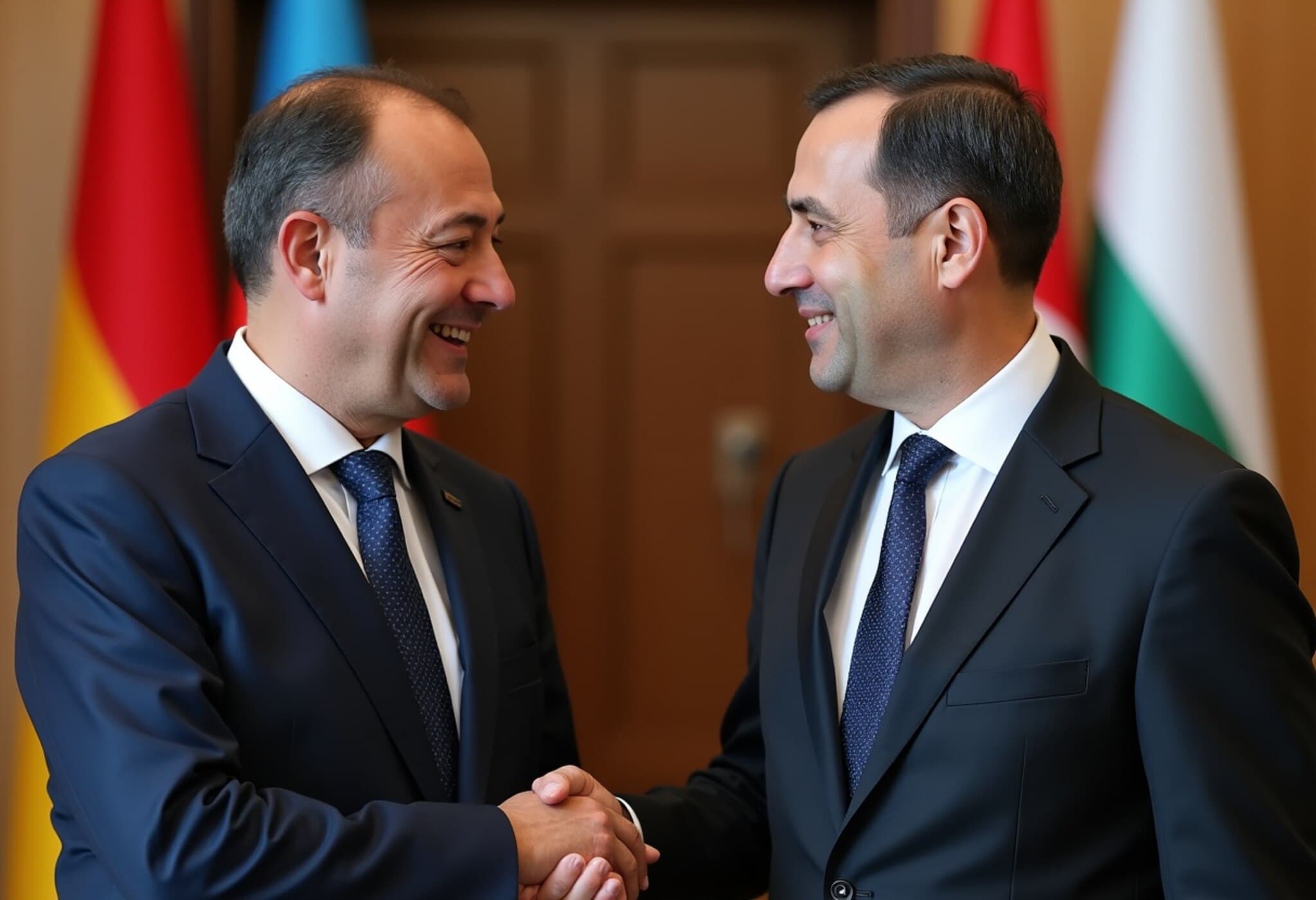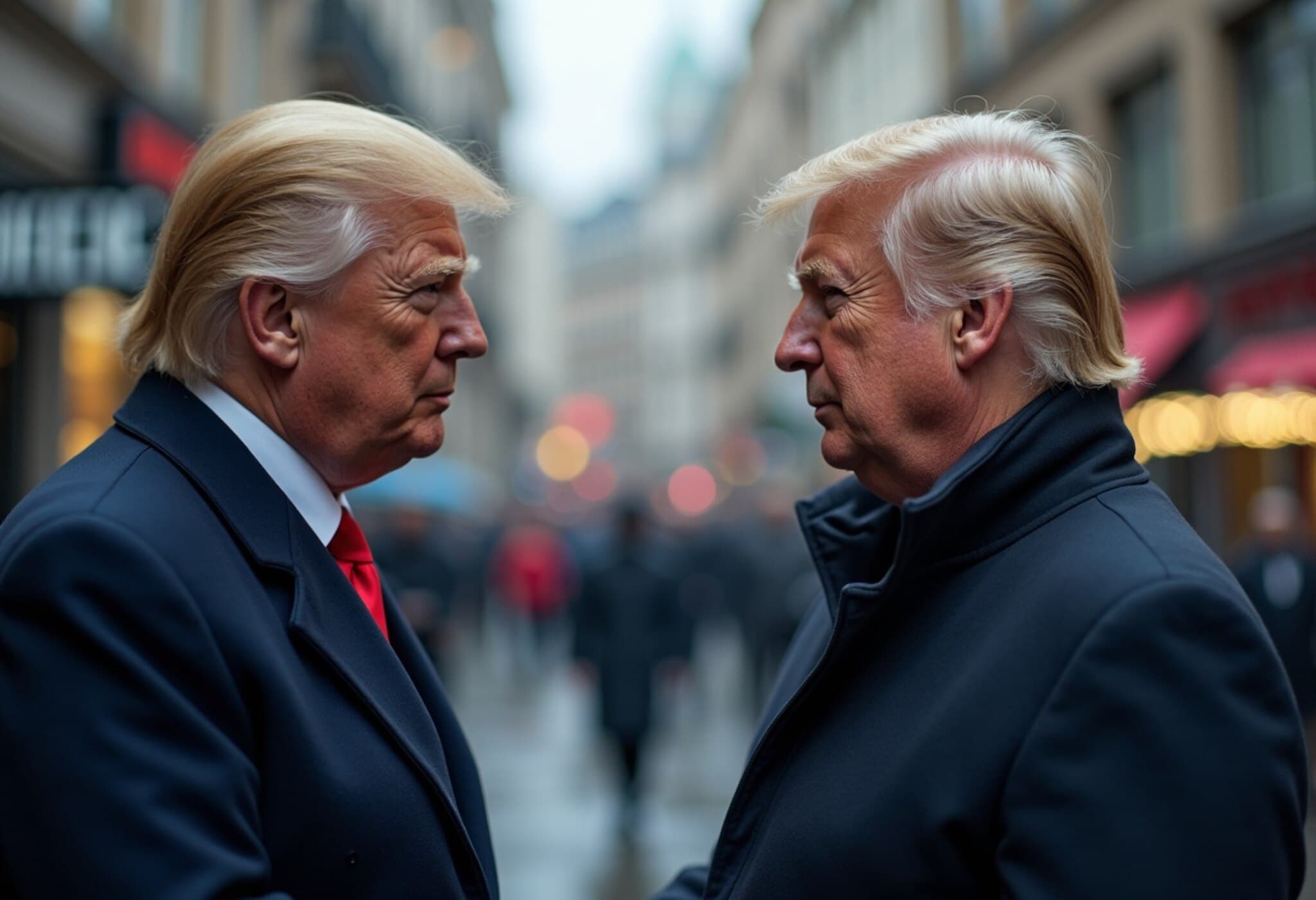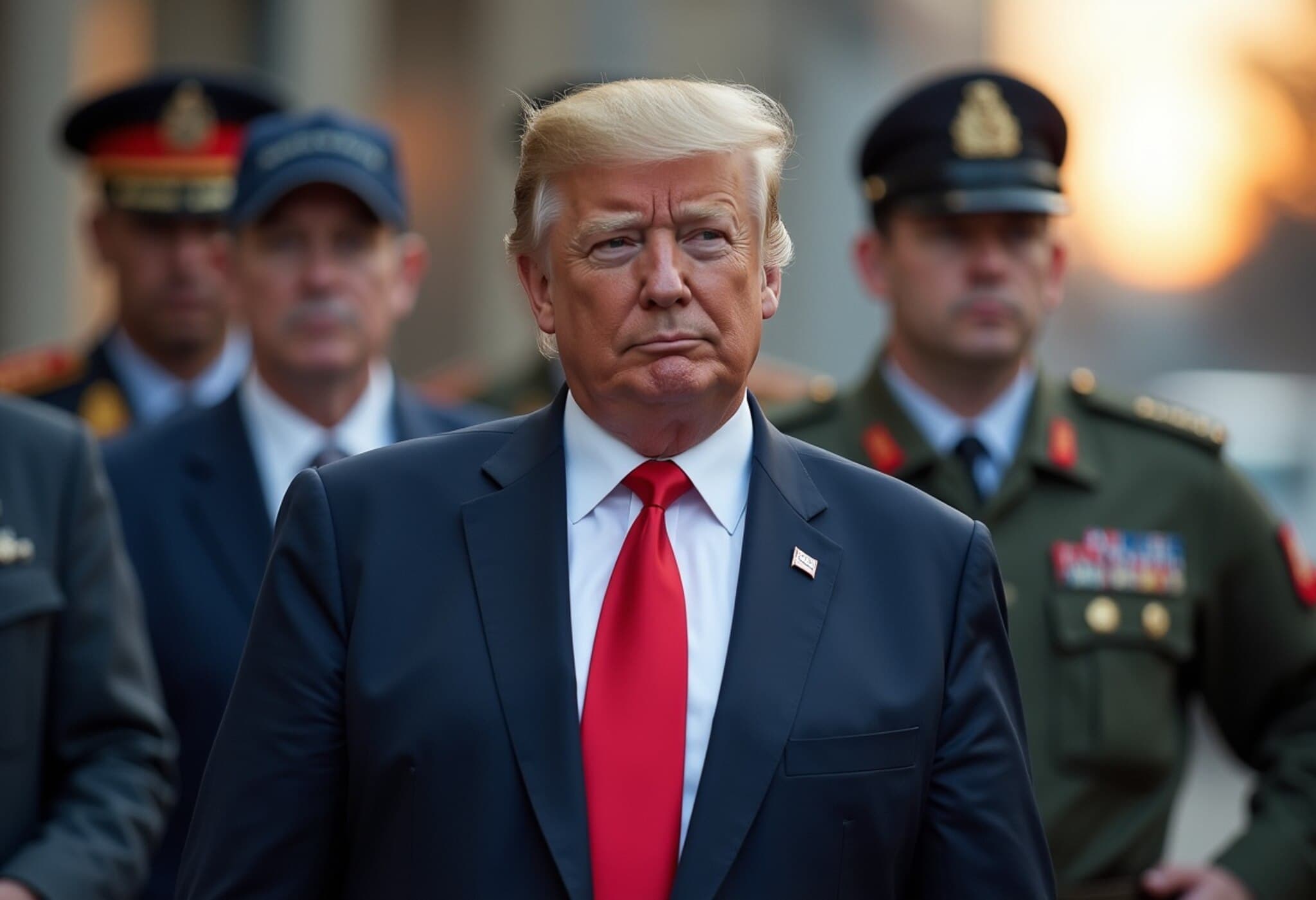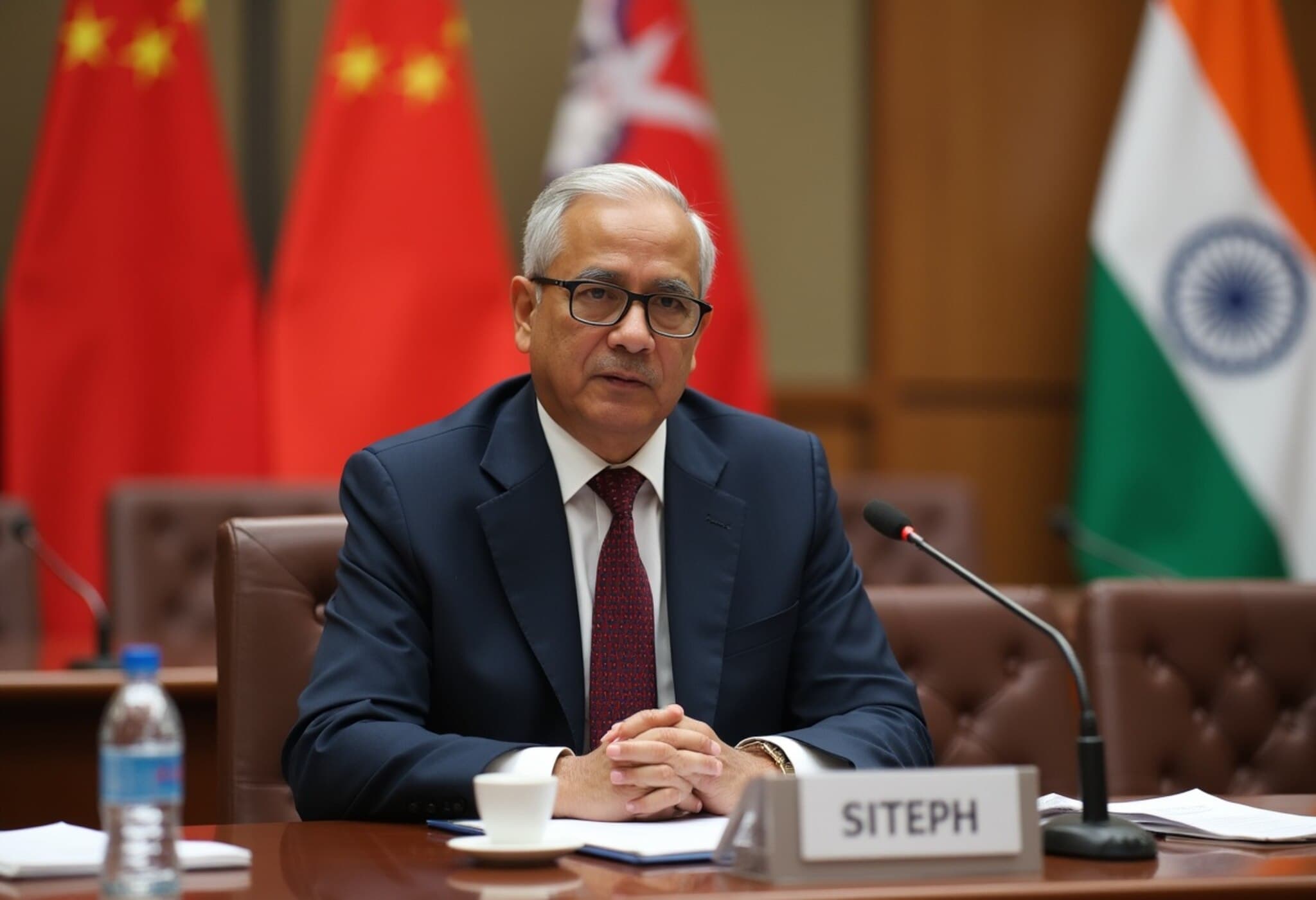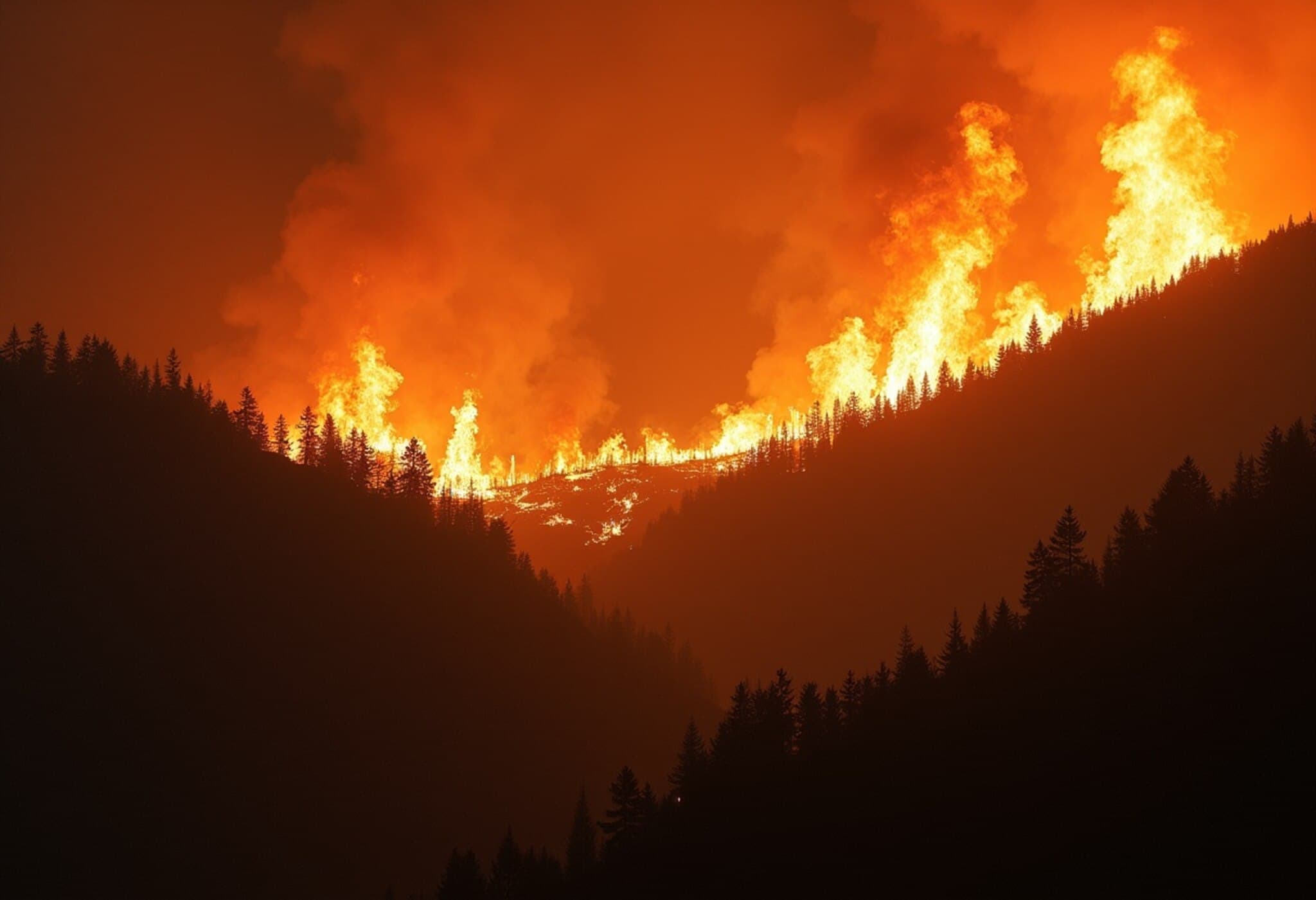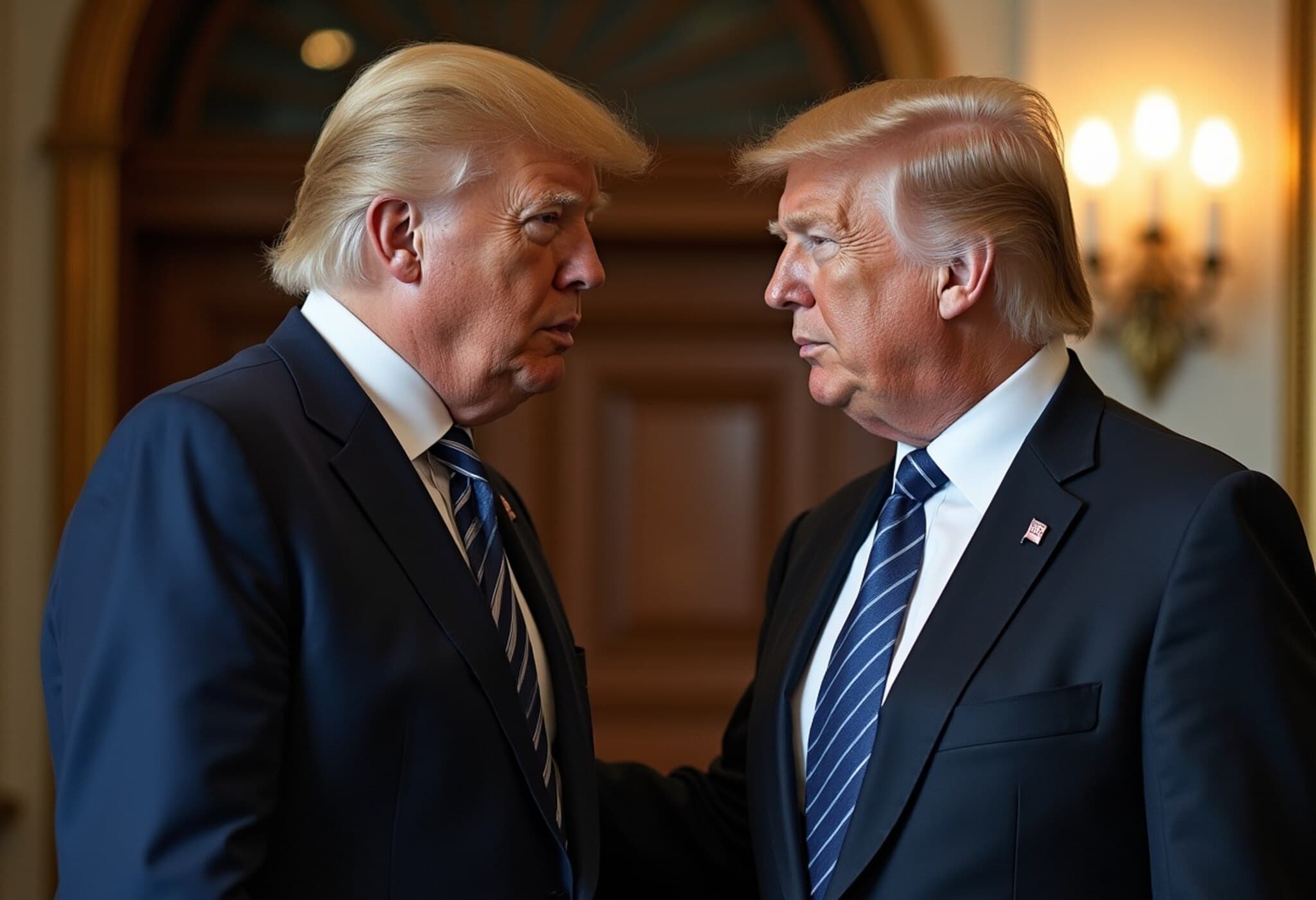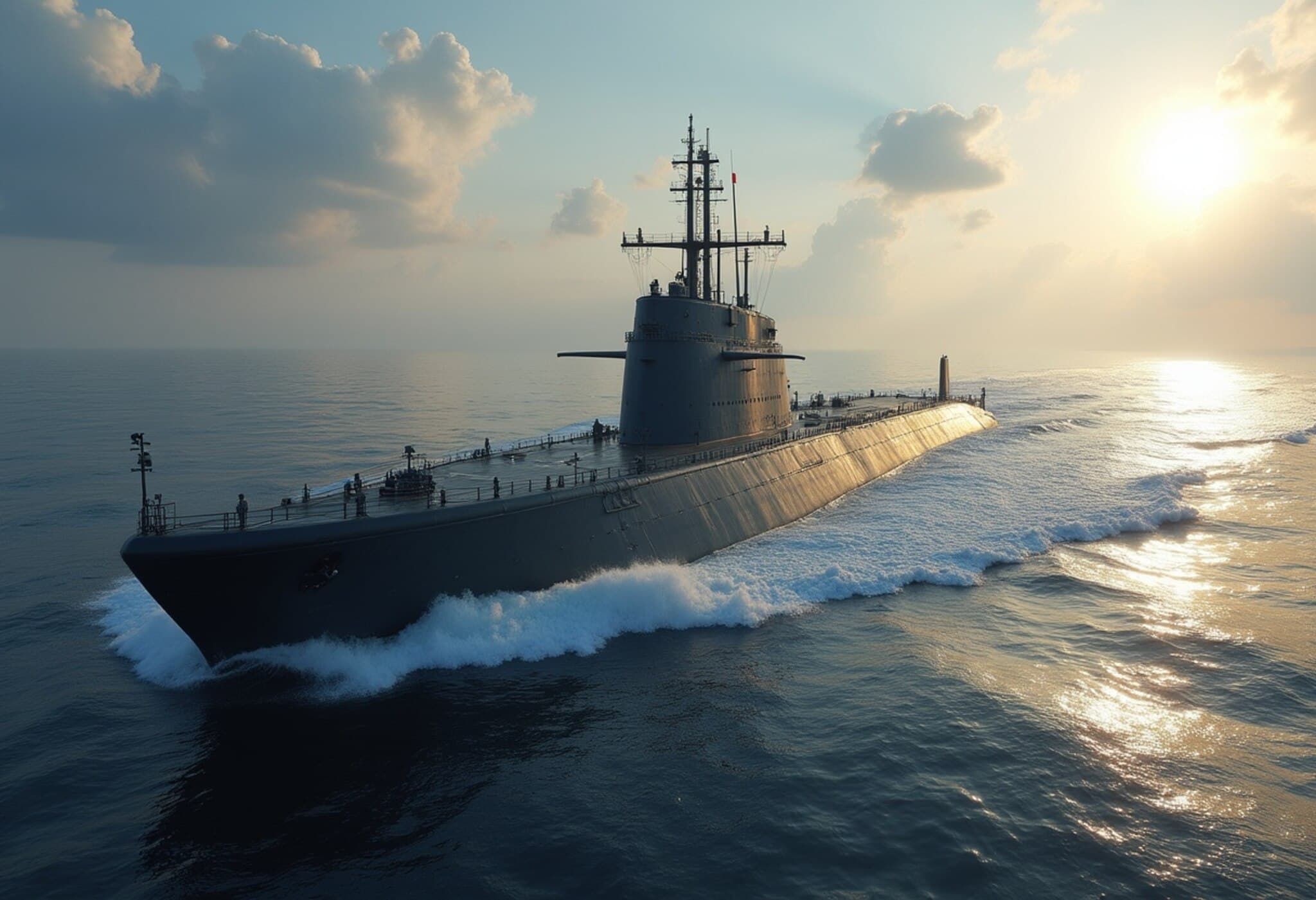Turkey, Italy, and Libya Collaborate on Migration and Political Stability
In a significant diplomatic gathering held on August 1, 2025, Turkish President Recep Tayyip Erdogan, Italian Prime Minister Giorgia Meloni, and Libyan Prime Minister Abdul-Hamid Dbeibah convened in Istanbul to discuss a cooperative approach aimed at curbing migration and bolstering Libya’s fragile political unity.
Addressing a Complex Mediterranean Challenge
Libya, rich in oil yet grappling with deep political turmoil since the 2011 overthrow of Muammar Gaddafi, remains a critical transit point for thousands fleeing conflict and poverty across Africa and the Middle East. The ongoing instability has split Libya into competing administrations backed by various militias and international actors, complicating efforts for peace and governance.
During the private summit, the leaders spotlighted the urgent need for a long-term and sustainable strategy targeting the root causes of migration and enhancing regional coordination. Meloni emphasized Italy’s commitment to supporting not only migration control but also Libya’s sovereignty and political cohesion, aligning with the UN-backed peace efforts aimed at facilitating national elections.
Key Outcomes and Regional Implications
- Enhanced Migration Control: Building on existing Turkey-Italy partnerships, the discussion underscored replicating successful migration management practices within Libya's Government of National Unity.
- Political Stability Support: Italy reaffirmed backing Libya’s unity, independence, and the UN-led political dialogue critical to bridging divides between Libya's fractured factions.
- Future Coordination: The leaders agreed to convene further meetings post-technical consultations at lower levels to assess progress and fine-tune collaborative efforts.
Turkey’s evolving approach—historically aligned with Libya’s Tripoli government but recently extending overtures to eastern authorities—reflects a nuanced diplomatic balance amid contentious maritime boundary agreements that have sparked tensions with Greece and Cyprus. These developments highlight the broader geopolitical contest in the Eastern Mediterranean, where migration, energy reserves, and international alliances intersect.
The Human Toll Behind the Headlines
Behind the political maneuvering lies a grim reality. Libya’s coastline has borne witness to numerous fatal incidents involving migrants attempting dangerous sea crossings. Notably, in December 2024, over 60 migrants, including women and children, drowned off the coast near Zuwara, a stark reminder of the urgent need for humanitarian and security solutions.
Expert Insight: Why This Matters
Migration from Libya is not only a humanitarian crisis but also a catalyst influencing security across Europe and North Africa. The trilateral meeting signifies more than diplomacy; it is a crucial step toward aligning interests that could stabilize Libya and mitigate migration flows through shared responsibility and political will.
However, challenges endure: entrenched factionalism within Libya, external actors’ competing agendas, and the delicate balance of sovereignty versus intervention pose persistent obstacles. The success of this initiative will depend on sustained commitment, transparent governance reforms in Libya, and an integrated regional approach sensitive to migrants’ rights and security imperatives.
Looking Ahead
As these Mediterranean neighbors prioritize collaboration, observers will be watching closely to see if this high-level engagement yields tangible progress on the ground. The intertwined fates of migration control and Libyan political unity will likely remain central themes in regional diplomacy for the foreseeable future.
Editor’s Note
This trilateral meeting in Istanbul underscores a vital, multifaceted effort to fuse migration management with political stabilization in Libya—a country whose internal fragmentation has ripple effects far beyond its borders. While leadership consensus is encouraging, the real test lies in transforming dialogue into durable reforms that address human suffering and geopolitical complexities alike. Readers might reflect on what role international cooperation should play in respecting Libya's sovereignty while addressing a migration crisis that demands urgent and compassionate solutions.

